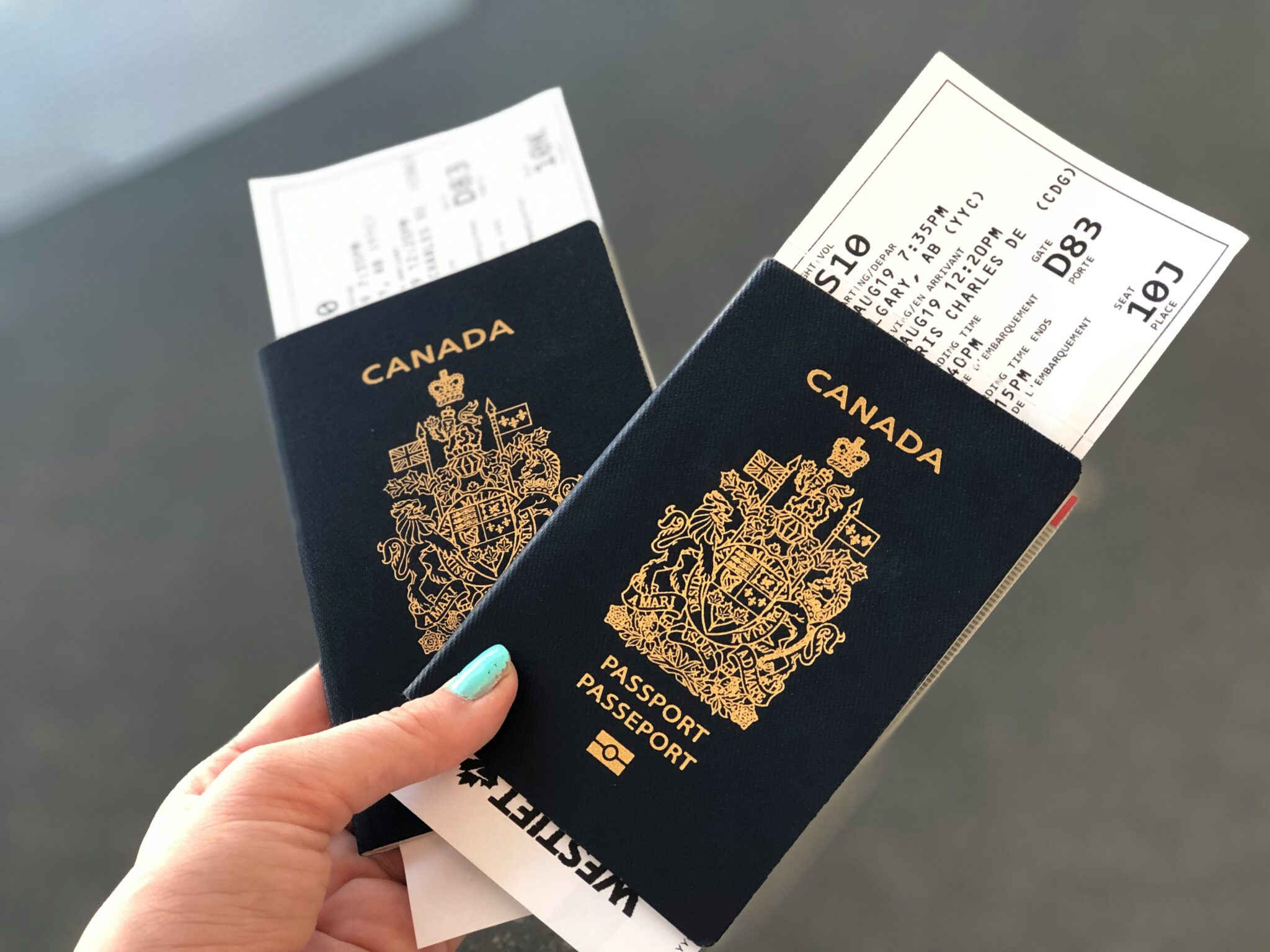U.S. Hotels Slated for More Aid — Without Liability Protections
Skift Take
Congress inched closer Friday to striking a deal on another round of coronavirus economic relief, but one of the hotel industry’s requested provisions was left out.
Democrats and Republicans appeared ready this week to compromise on a roughly $900 billion coronavirus relief bill that would reopen the Paycheck Protection Program of government-backed small business loans, send a second round of direct payments to most Americans, and extend unemployment benefits.
While the hotel industry lobbied for further PPP funding since the initial program expired at the end of June, another one of its requests — liability protection against coronavirus exposure claims — is not expected to be included in the emerging deal. But hospitality lawyers say this isn’t a massive slight to the industry.
“The issue of liability protection has been a part of the discussion around Covid for a long time,” said Joshua Bowman, a partner at Boston-based law firm Sherin and Lodgen and chair of the firm’s hospitality practice. “Many states have already taken this issue up and passed their own laws around liability protection.”
At least 40 U.S. states instated some degree of liability protection this year as a result of the pandemic. Much of that state-level protection focuses on healthcare facilities, but states like Iowa have liability protections extending to all businesses. Many hotels that housed healthcare workers or served as quarantine wards during the pandemic would be protected by state-level liability protections geared toward healthcare facilities.
Hotel analysts and executives earlier in the pandemic cautioned there was a need for federal liability protections, as small businesses were vulnerable to exposure claims in a country as litigious as the U.S. But that wave of lawsuits has yet to crash.
“Quite frankly, in the hospitality industry, you’re not seeing large numbers of lawsuits,” Bowman said. “When it comes to the medical industry, that’s where most of the state bills are focused.”
Other hospitality lawyers emphasized the importance of what does appear to make the cut for an emerging deal in Washington: federal dollars to keep employees on the payroll and businesses operating through a very difficult winter. The hotel industry’s rollout of heightened health and cleaning protocols would be a strong defense argument in a court of law, legal experts say.
“The hotel industry has been a leader in developing and implementing Covid safety protocols,” said Teresa Goebel, a partner at Goodwin and chair of the law firm’s hospitality and leisure practice. “While the existence of these protocols does not shield hotels from liability, they will go a long way to showing that a hotel took prudent and reasonable measures to protect its guests and employees from Covid exposure, which is the legal standard for liability.”
The American Hotel & Lodging Association declined to comment on this story until an official deal was announced.
But legal experts emphasized liability protections aren’t as much of a dealbreaker on Capitol Hill as other measures like PPP or unemployment benefits, especially as it relates to a hotel’s ability to survive the crisis.
“The lack of government action on employee-retention incentives, debt-relief or forbearance programs and the union demands is likely to result in hotels not being able to re-open, at which point the liability shield is meaningless anyways and jobs are less likely to be replaced,” said Ben Tschann, a partner in Goodwin’s real estate industry group and its hospitality and leisure practice.




